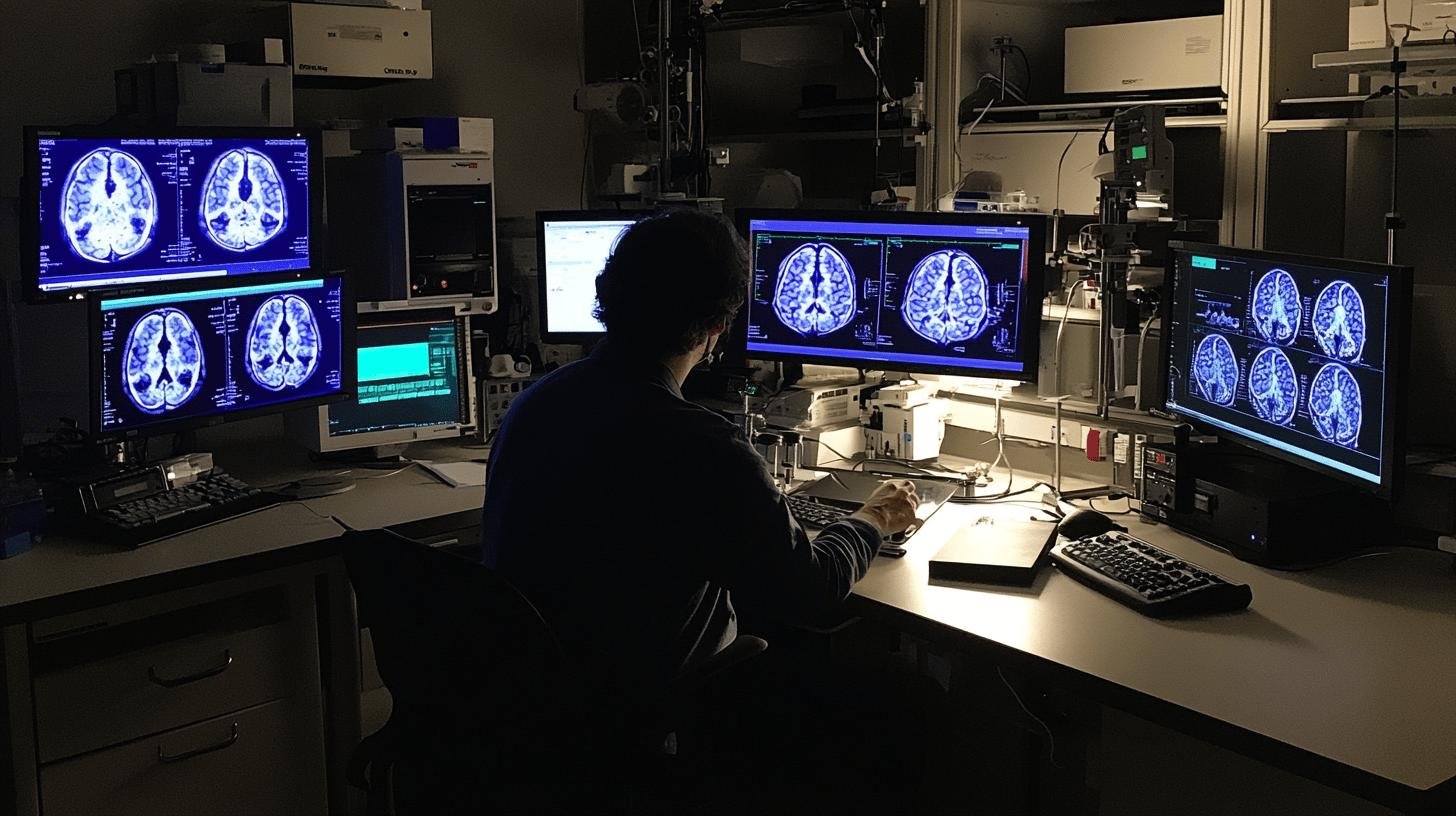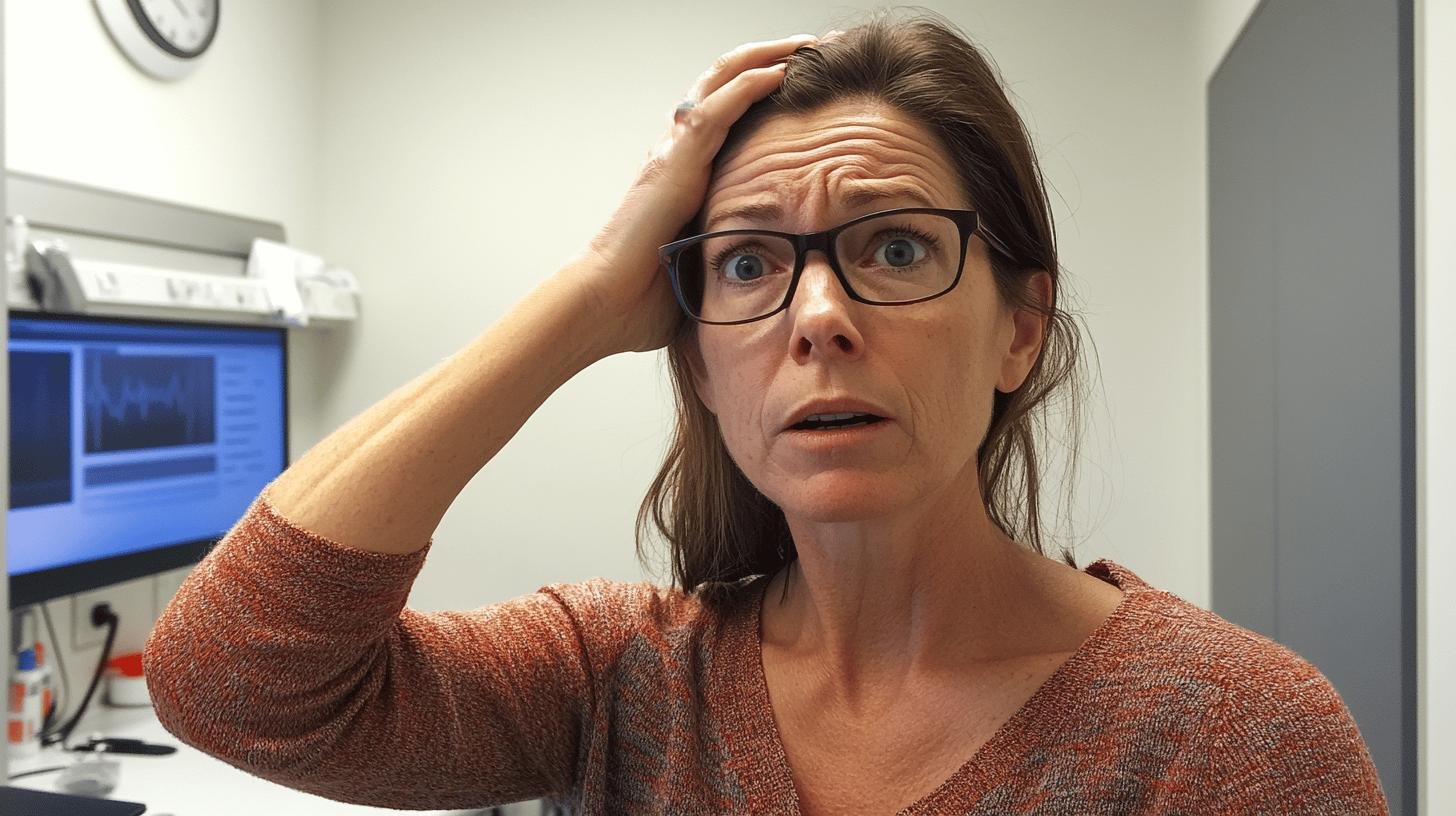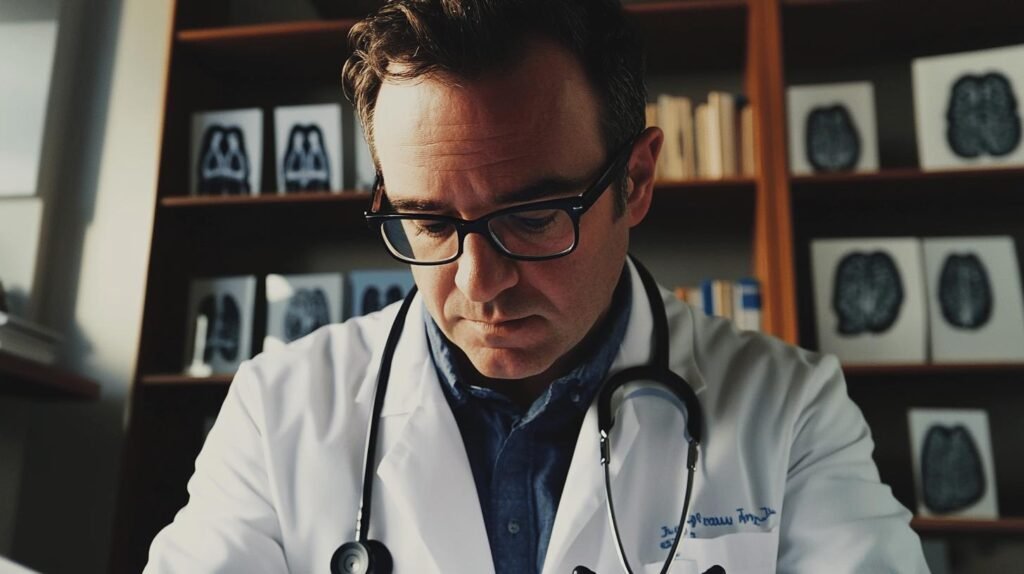TL;DR:
- Neurological disorders generally lack cures but can be managed effectively.
- Common Disorders: Alzheimer’s, Parkinson’s, epilepsy, multiple sclerosis.
- Current Treatments: Medications, surgery (e.g., for epilepsy), rehabilitation.
- Future Possibilities: Gene therapy, stem cell therapy, advanced immunotherapy.
- Symptoms include memory loss, muscle weakness, headaches, and loss of coordination.
- Early Signs: Sudden memory lapses, persistent headaches, changes in vision/speech.
- Key management strategies: early diagnosis, personalized treatment, ongoing research.
- Psychological support is crucial for coping with stress from symptoms and treatments.
Can neurological disorders be cured? It’s a question that keeps many up at night, including me. Though a full cure might not always be possible, there’s hope. For some conditions like certain epilepsies, medication or surgery can work wonders. Imagine getting back control and waving goodbye to those unpredictable episodes! While diseases such as multiple sclerosis and Parkinson’s still lack a cure, the magic of modern therapies helps manage symptoms and improve life. Ready to explore these hopeful insights? Let’s dive into what’s possible!
Exploring the Curability of Neurological Disorders
Can neurological disorders be cured? This is a big question many people ask. Generally, neurological disorders don’t have cures. However, effective management is often possible. For instance, some epilepsy types respond well to medication or surgery. This can lead to significant improvement or remission. In disorders like multiple sclerosis or Parkinson’s, there’s no cure yet, but they can be managed. People often need ongoing treatment to control symptoms and maintain quality of life.
Let’s look at some disorders with effective treatments:
- Epilepsy: Managed with medications or surgery in specific cases.
- Migraines: Treated with medications to prevent or halt attacks.
- Stroke: Addressed with immediate therapies and rehabilitation.
- Multiple Sclerosis: Slowed with disease-modifying therapies.
What’s the role of rehabilitation here? While curing may not be possible, rehabilitation helps manage symptoms. It includes physical, occupational, and sometimes speech therapies. These interventions assist in improving daily functioning and maintaining independence. It’s like having a personal trainer for your brain and body to stay in shape despite challenges.
Neurological Treatment Options and Advancements

Are you curious about neurological treatment options? Let’s explore! Treatments vary widely. Some conditions are treatable with approaches like antibiotics for infections. Others, such as Parkinson’s, focus on symptom management. The good news? There are numerous methods to handle these disorders.
Current Treatments
Treating neurological disorders involves a variety of methods. From medication to surgery and rehabilitation, options abound. Medications may control symptoms in conditions like epilepsy or migraines. Surgery can be life-changing for certain epilepsy types. Rehabilitation is essential for improving daily function, especially after strokes.
Future Advancements
What’s next in the field? Gene therapy and stem cell therapy are hot topics. Researchers are excited about these potential breakthroughs. Imagine altering disease progression or discovering cures. It’s like science fiction becoming reality!
| Condition | Current Treatment | Future Possibilities |
|————————-|—————————————–|————————————–|
| Epilepsy | Medication, Surgery | Gene therapy |
| Parkinson’s Disease | Medication, Deep Brain Stimulation | Stem cell therapy |
| Alzheimer’s Disease | Medications to slow progression | Gene therapy |
| Multiple Sclerosis | Disease-modifying therapies | Advanced immunotherapy |
| Stroke | Immediate therapies, Rehabilitation | Neuroprotective agents |
Whether finding the right medication today or dreaming of tomorrow’s breakthroughs, neurological treatments are evolving continually. Isn’t it exciting to envision where science might lead us next?
Common and Rare Neurological Disorders
Common neurological disorders are like unwelcome guests who show up too often. They affect the brain, spinal cord, and nerves, disrupting daily life. Well-known disorders include Alzheimer’s, which impairs memory and thinking as we age, and Parkinson’s, causing tremors and movement issues. There’s also epilepsy, leading to unexpected seizures, and multiple sclerosis, where the immune system attacks the nervous system, causing symptoms like fatigue, numbness, and vision issues. These disorders demand ongoing management and can affect anyone at any age.
On the other hand, rare neurological disorders resemble mystery flavors in a candy bag—less common yet impactful. These are harder to diagnose and treat. ALS (Amyotrophic Lateral Sclerosis) is a progressive disorder affecting brain and spinal cord nerve cells, causing muscle weakness. Huntington’s disease leads to nerve cell breakdown in the brain, impacting movement and cognition. Wilson’s disease involves problems eliminating copper, resulting in neurological symptoms. These conditions often need specialized care due to rarity.
Here’s a list of key neurological disorders to note:
- Alzheimer’s disease
- Parkinson’s disease
- Epilepsy
- Multiple sclerosis
- ALS (Amyotrophic Lateral Sclerosis)
- Huntington’s disease
Understanding common or rare disorders is critical for awareness and early intervention. With medical advances, hope for better management and treatment options are on the horizon.
Causes and Symptoms of Neurological Disorders

What causes neurological disorders? It’s a mix! They arise from genetics, environment, infections, or injuries. Whether inherited or from life’s challenges, these disorders have varied origins. Some are born with genetic conditions; others develop issues due to accidents or infections like meningitis.
What symptoms appear with these disorders? They’re surprising, much like unexpected party guests. Common ones include memory loss, movement issues, and seizures. Imagine forgetting where keys are, struggling to walk, or unexpectedly shaking. Symptoms range from mild to severe, so noticing changes in the body or mind is vital.
Early signs of neurological issues include:
- Sudden memory lapses
- Unexplained muscle weakness
- Persistent headaches
- Changes in vision or speech
- Loss of coordination or balance
Spotting these signs early is like fixing a leak before it floods the house. Early diagnosis makes a huge difference. Catching issues soon allows treatments to begin, managing symptoms and slowing disease progression. It’s about giving you the best chance to live life on your terms. So, notice anything unusual? Don’t ignore it—get checked!
Can Neurological Disorders Be Cured? Hopeful Insights
Have you ever wondered about recovery stories from neurological disorders? Complete cures are rare, but many find success with comprehensive care plans. These plans often mix medication, physical therapy, and lifestyle changes. Imagine a person with Parkinson’s regaining movement control through a tailored regimen. Even without a cure, significant life improvement is possible.
Here’s what experts say about managing these conditions:
- Early Diagnosis: Detect symptoms early for better management.
- Personalized Treatment: Tailor care to needs.
- Ongoing Research: New therapies are always being explored.
- Holistic Approaches: Combine medical and lifestyle strategies for optimal results.
Let’s discuss the psychological impact. Dealing with neurological disorders can be taxing mentally. The stress of symptoms and treatment takes a toll. Yet, individuals find resilience and strength with support—like counseling and community. Balancing mind and body on this challenging journey is vital.
Final Words
Unraveling the mysteries of neurological disorders is like piecing together a complex puzzle. While a full cure remains out of reach for some, strides in medication and surgery bring hope. Symptom management through rehabilitation is making daily life more bearable for many.
Exciting possibilities like gene and stem cell therapies shine a light on potential breakthroughs. Tackling both common and rare disorders, we see progress inching forward.
Hope thrives in shared stories and expert insights, showing us how far we’ve come. It sparks optimism that someday we might confidently answer, “Can neurological disorders be cured?” with a nod and a smile.
FAQ
Neurological Symptoms Not to Ignore
A: Common signs to watch out for include memory problems, seizures, and movement difficulties. If you notice sudden or persistent changes, it’s best to chat with your doctor.
Early Symptoms of Neurological Disorders
A: Look for early clues like slight memory loss, tingling, or muscle weakness. Diagnosing early can help manage and slow down the progression.
Neurological Disorders List
A: The nervous system can be affected by conditions like epilepsy, multiple sclerosis, Parkinson’s, Alzheimer’s, and migraines. These disorders can vary widely in symptoms and severity.
Neurological Symptoms of Stress
A: Stress can cause symptoms like headaches, dizziness, or tingling. Managing stress might help reduce these symptoms and improve your overall well-being.
Can Neurological Disorders Be Cured in Dogs?
A: While some can be managed with treatment, complete cures are rare. Working with a vet can help manage symptoms and improve your dog’s quality of life.
Neurological Disorders Treatment
A: Treatment might include medication, surgery, or rehab. It’s all about managing symptoms and improving daily living. Personalized care plans often yield the best results.
Neurological Disorders Symptoms in Adults
A: Adults might notice things like memory issues, mood changes, or balance problems. Early attention to symptoms can help in effective management.
Causes of Neurological Disorders
A: Disorders can stem from genetics, infections, or injuries. Understanding the cause can guide treatment and management of the condition.
Can You Recover from Neurological Disorders?
A: Some people do see significant improvements through rehabilitation and treatment. While not all disorders are curable, symptom management can enhance quality of life.
How Long Can You Live with Neurological Disorders?
A: Life expectancy varies based on the disorder and treatment. Many people can enjoy a long life with proper management and support.
What Can Be Done for Neurological Disorders?
A: Treatment options span medication, therapy, and surgery. Talking to your healthcare provider can kickstart a personalized approach to care.
What Neurological Disorders Have No Cure?
A: Disorders like ALS and certain types of dementia don’t currently have cures, but treatments exist that can manage symptoms and improve life quality.

